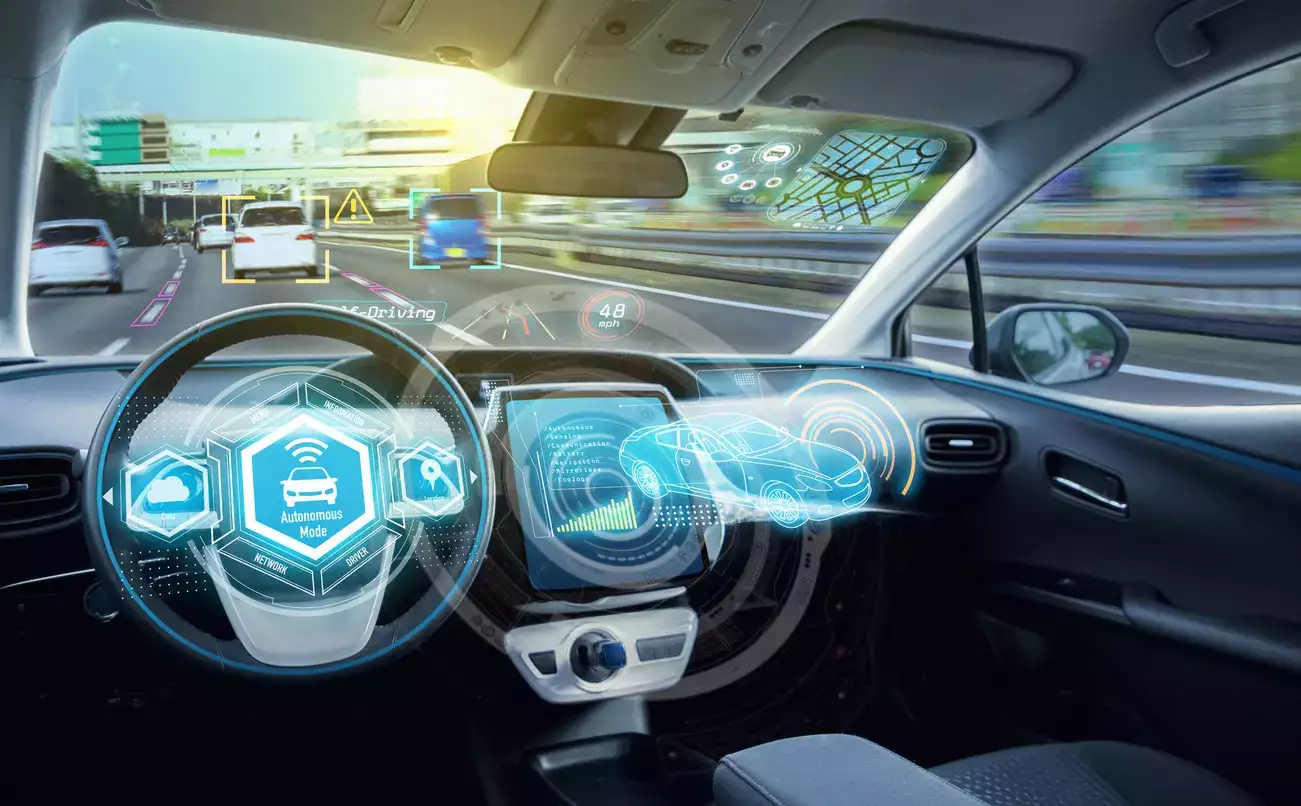
Safety concerns and the cost of developing next-level systems have slowed down progress on autonomous vehicles, but work on regulations is motoring ahead, said the UN.
"While the hype may be slowly disappearing, the actual serious work on regulation is advancing," UNECE agency's deputy executive secretary Dmitry Mariyasin told reporters.
Established in 1952, the World Forum for Harmonisation of Vehicle Regulations meets three times a year, bringing together countries, carmakers and technology giants. This week's gathering in Geneva is the main annual session.
The forum takes place under UNECE, the UN Economic Commission for Europe, which shapes the legal framework for inland transport.
Rules of the road
Richard Damm, chair of the Working Party on Automated/Autonomous and Connected Vehicles (GRVA), said new UN regulations for driver control assistance systems were adopted in February and would come into force in September.
Furthermore, "we are planning to have a globally harmonised regulation on Automated Driving Systems (ADS) ready for mid-2026", he said.
Unlike some fields where regulation comes long after the roll-out of new technology, GRVA secretary Francois Guichard said getting the rules settled first was in line with previous advances in motoring.
He said regulations for electric vehicles was ready before they hit the market, and the framework is also now in place for hydrogen vehicles, should the industry move towards mass production.
Five levels
There are five levels of automation, with the lower levels already becoming commonplace.
At Level 2, drivers are expected to keep their attention on traffic.
At Level 3, the driver is not driving when the automated systems are engaged, but can step in at any time and must take over at the system's request.
At Level 4, a driver need not be ready to intervene quickly, at least in limited areas, while Level 5 vehicles are fully autonomous.
Guichard said Level 1 and 2 technology was probably in half of all new vehicles; "Level 3 is still rare, and Level 4 doesn't exist for sale as a mass production product", he said.
Damm said the systems on Levels 3 and 4 were "much more costly", so deeper driver assistance technology at Level 2 is likely to come first, as a bridge towards the next levels.
Road safety
"Is there a future for autonomous cars? I can clearly answer this with a 'yes'," said Damm.
"This technology will come, and it's partly on the road, even if it's not penetrating the mass market yet. It is still some years ahead before we see it in the mass market, because we have to resolve several issues."
Public safety concerns remain the top priority in setting the regulatory framework.
There are approximately 1.2 million road traffic deaths per year, with a further 50 million people injured.
"We don't know yet whether autonomous vehicles will be more of a problem or more of a solution," said Mariyasin.
Disclaimer: The copyright of this article belongs to the original author. Reposting this article is solely for the purpose of information dissemination and does not constitute any investment advice. If there is any infringement, please contact us immediately. We will make corrections or deletions as necessary. Thank you.





